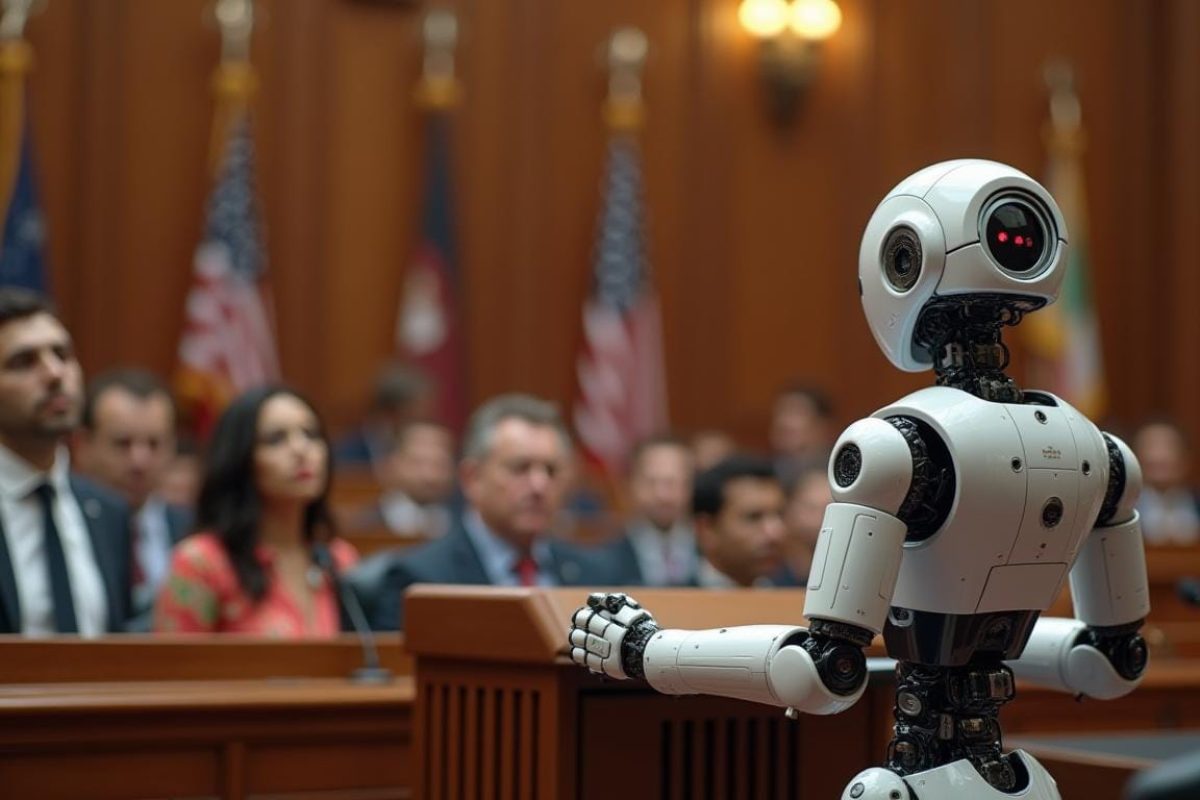Artificial intelligence (AI) has undergone a significant transformation in recent years, from being a tool exclusive to large corporations to being integrated into everyday applications. This democratisation has been driven by the development of advanced language models, such as OpenAI's ChatGPT, which have made AI more accessible to the general public.
Mass adoption of ChatGPT
Since its launch in November 2022, ChatGPT has revolutionised AI interaction. In just two months, it reached more than 30 million users, making it the fastest growing app in history.
This rapid adoption is attributed to its user-friendly interface and its ability to generate text in a conversational manner, which has allowed it to be integrated into a variety of platforms and services.
Impact on Various Sectors
The accessibility of tools such as ChatGPT has had a profound impact on multiple sectors:
- EducationAcademic institutions use ChatGPT to create teaching materials and provide personalised assistance to students, enhancing the educational experience.
- Health: Healthcare professionals use AI to analyse medical data and provide more accurate diagnoses, optimising patient care.
- Business: Companies of all sizes implement ChatGPT in customer services, automating responses and improving operational efficiency.
Ethical Challenges and Considerations
Despite its benefits, the democratisation of AI poses significant challenges. The proliferation of AI-generated content has sparked debates about authenticity and intellectual property. For example, at a Christmas fair in York, the sale of AI-created cards generated controversy, as some visitors felt it exploited traditional artists and produced "soulless" material.
In addition, the mass adoption of AI has led to the repetition of words and phrases popularised by models such as ChatGPT, which could influence language and culture in ways not yet fully understood.
Regulation and the Future of Democratised AI
The rapid expansion of AI has prompted governments and organisations to consider regulations to ensure its ethical and responsible use. In Latin America, a report by Luminate and Ipsos found that 55% of the population supports AI regulation, rising to 65% among those with a good understanding of the topic.
Looking ahead, AI is expected to continue to integrate into everyday life, with developments making it more accessible and useful to a global audience. However, it is essential to address the associated ethical and social challenges in order to maximise its benefits and minimise potential negative impacts.
Sources:

